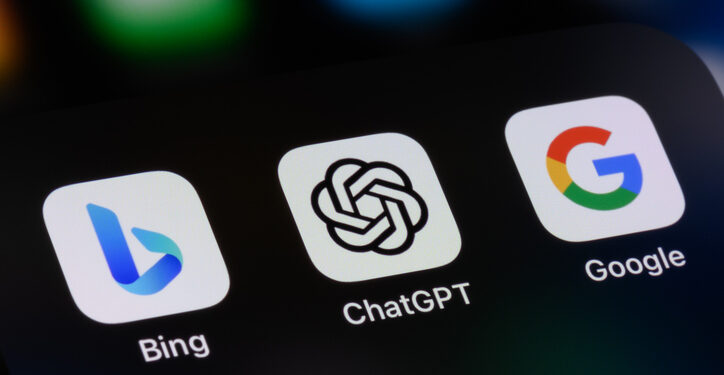Whistleblowers from OpenAI have filed a complaint with the U.S. Securities and Exchange Commission (SEC) alleging that the company is silencing employees from sharing concerns with the public and federal employees about its AI technology through its employment contracts.
In a letter filed with the SEC, representation for the whistleblowers called for a federal investigation into OpenAI’s policies, demanding changes to ensure a culture of transparency and accountability as the industry races to develop artificial intelligence. The complaint and letter were initially obtained by the Washington Post from a Congressional source.
OpenAI did not create exemptions in its employee non-disparagement clauses for disclosures to the SEC. These overly broad agreements violated long-standing federal laws and regulations meant to protect whistleblowers who wish to reveal damning information about their company without fear of retaliation, the letter said.
Kohn, Kohn & Colapinto LLP, the firm representing the whistleblowers, released a Fact Sheet explaining that OpenAI’s nondisclosure agreements potentially violate the Dodd-Frank Act, including SEC Rule 21F-17(a), the Defend Trade Secrets Act, 18 U.S.C. § 1833(b)(1)-(3), and the Sarbanes-Oxley Act’s whistleblower obstruction of justice provision, 18 U.S.C. § 1514A. These SEC regulations cover a wide range of entities from companies traded on the New York Stock Exchange to privately held LLCs.
“Given the risks associated with the advancement of AI, there is an urgent need to ensure that employees working on this technology understand that they can raise complaints or address concerns to federal regulatory or law enforcement authorities,” attorney Stephen M. Kohn, who represents the anonymous whistleblower(s), wrote in the letter to SEC Chairman Gary Gensler.
“Likewise, it is critical for companies like OpenAI to understand the illegal nature of their NDAs, and to ensure that their workplace cultures encourage employees to raise concerns, even if those concerns are raised directly to federal authorities, and even if those concerns may impact the profitability of the companies.”
The leaked letter identifies at least four documented violations committed by OpenAI in their employment agreements:
- Non-disparagement clauses that failed to exempt disclosures of securities violations to the SEC;
- Requiring prior consent from the company to disclose confidential information to federal authorities;
- Confidentiality requirements with respect to agreements that themselves contain securities violations; and
- Requiring employees to waive compensation that was intended by Congress to incentivize reporting and provide financial relief to whistleblowers.
KKC goes on to request that the SEC take specific actions to underscore the right of employees to blow the whistle on concerning or illegal conduct at OpenAI and other AI companies by:
- Requiring companies to stop using illegal NDAs;
- Requiring companies to inform all current and past employees that the improper NDAs are void and will not be enforced;
- Requiring companies to pay significant fines and penalties for violating the NDA regulations, even if companies have remedied past violations;
- Take specific enforcement actions against companies that have enforced such agreements or otherwise retaliated against whistleblowers;
- Compensate whistleblowers who report illegal NDAs or other regulatory violations under the award provisions of the Dodd-Frank Act.
In a statement, Kohn explained: “This is not about halting or destroying the development of AI — it’s about making sure the technology is safe. We must have a culture of transparency, openness, and honest debate. You cannot build safe AGI in the dark.”
According to Kohn, the safest method to report safety concerns or regulatory violations within AI is to file an anonymous and confidential complaint with either the SEC or the Commodity Futures Trading Commission pursuant to the procedures set forth in the Dodd-Frank Act.
Read the full letter to SEC Chairman Gary Gensler.
Read the Statement of Stephen Kohn, Attorney for Confidential AI Whistleblower.




